Harvard Magazine: Zero-Sum Political Thinking
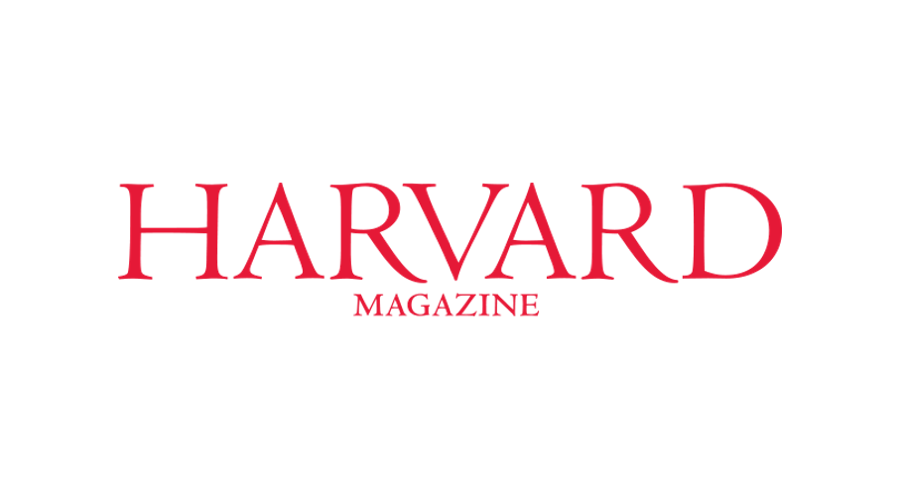
Harvard Professor Stefanie Stantcheva explores zero-sum thinking in Democrats and Republicans. Across American politics, one mindset shapes views on policy and society: the “zero-sum” mentality. Stefanie Stantcheva, Nathaniel Ropes Professor of Political Economy and Founder of the Social Economics Lab at Harvard University describes how zero-sum cognitive framing—exhibited by both Democrats and Republicans—profoundly influences debates on issues ranging from immigration, to taxation, to race- and gender-based affirmative action.
This belief holds that the gains of one individual or group come at the expense of another—the “pie” of resources is fixed, and any larger slice for one must mean a smaller share for everyone else. This worldview contrasts with the notion of a “positive-sum” society, where collective prosperity can grow to include all players. Stancheva’s lab reveals a striking finding: zero-sum thinking is not confined to one political party. It exists on both sides of the ideological divide, and while it appears differently depending on the issue, it always impacts political discourse and policy.
Harvard Voices on Climate Change: Public Opinion and Climate Change
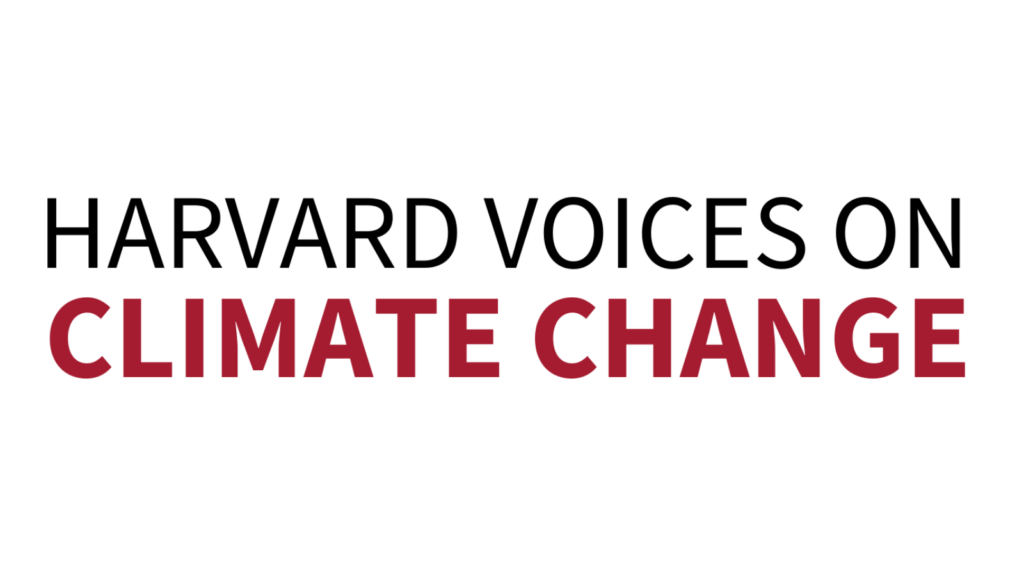
In this session, Stefanie Stantcheva, Nathaniel Ropes Professor of Political Economy, examines the intersection of public opinion and climate policy, exploring how societal attitudes and political dynamics influence the development and implementation of effective climate strategies and solutions.
Society for Economic Dynamics 2024 Keynote
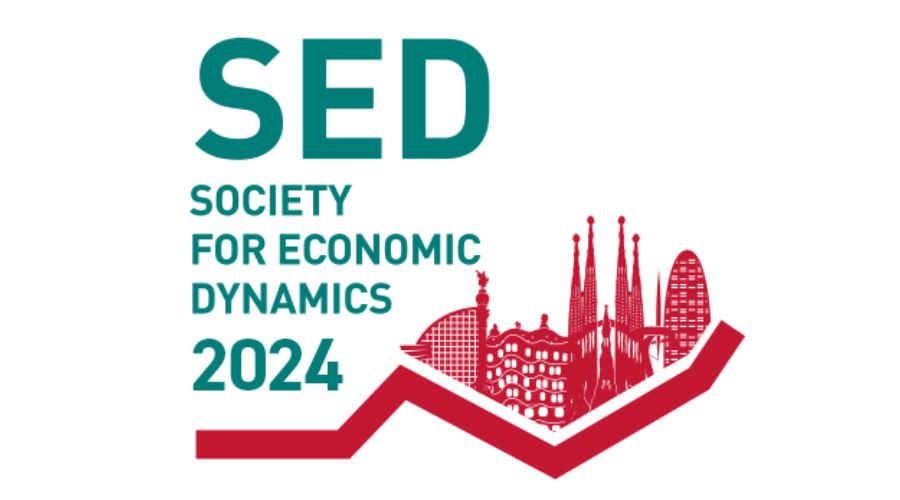
Stefanie gives the third plenary talk at SED 2024 on “Using Surveys for Research in Macroeconomics”
Coase Lecture 2024 at LSE
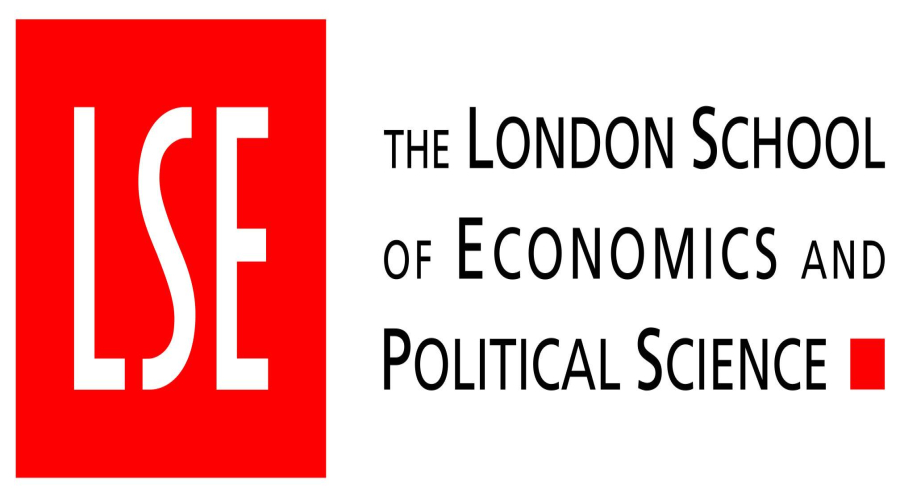
Stefanie Stantcheva will be speaker at 2024 Economica-Coase Lecture at LSE.
NBER Public Economics Program Meeting, Spring 2024

Stefanie Stantcheva will be a speaker at the Public Economics Program Meeting, Spring 2024.
NBER Public Economics Program meeting, Fall 2023

Stefanie Stantcheva will be a speaker at the NBER Public Economics Program Meeting/Economic Analysis of Business Taxation Conference, Fall 2023.
AFE Conference in Chicago September 2023
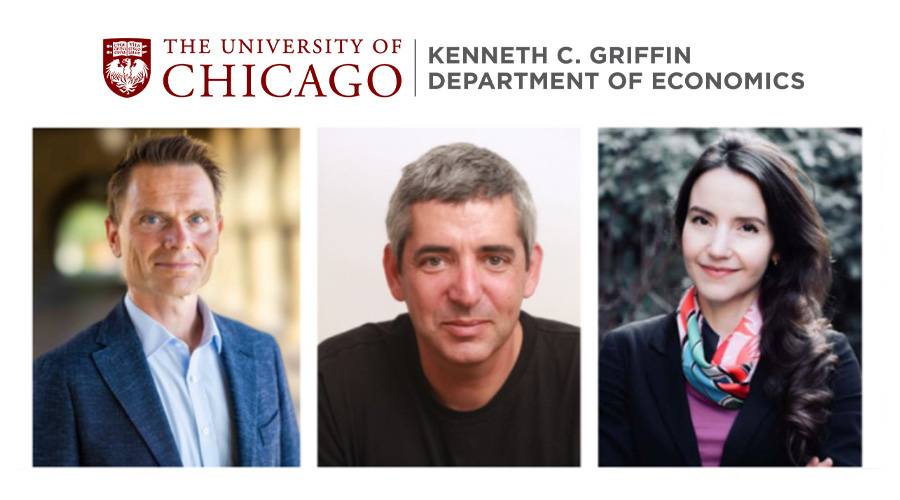
Stefanie Stantcheva was one of the three keynote speakers together with Nicholas Bloom and Uri Gneezy at the Advances with Field Experiments (AFE) 2023 Conference.
New working paper: Zero-Sum Thinking and the Roots of U.S. Political Divides
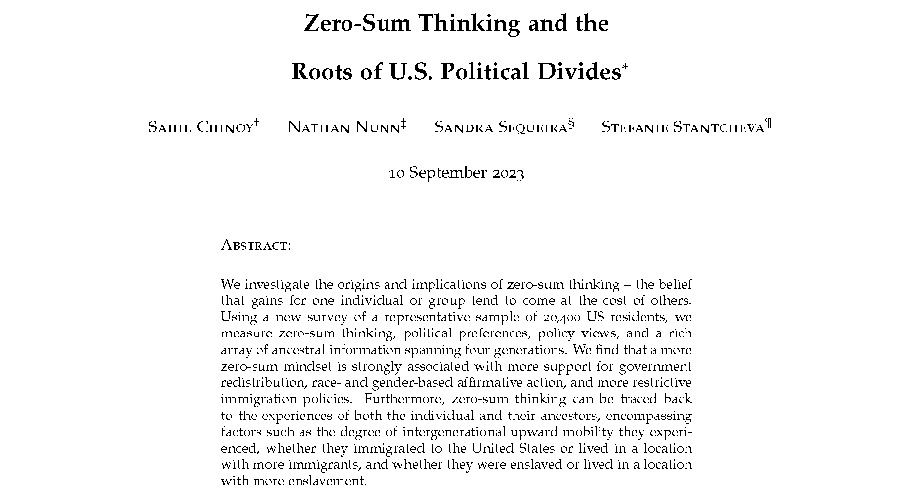
The authors investigate the origins and implications of zero-sum thinking – the belief that gains for one individual or group tend to come at the cost of others. Using a new survey of a representative sample of 20,400 US residents, they measure zero-sum thinking, political preferences, policy views, and a rich array of ancestral information spanning four generations.